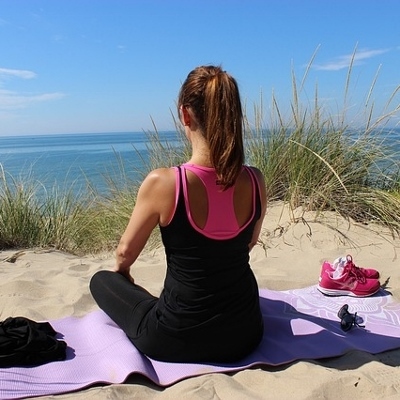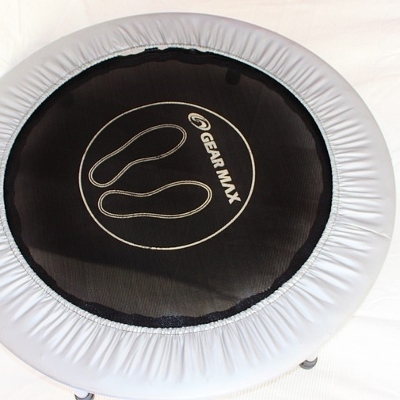 Whether out of ignorance or something learned from others, we sometimes adopt habits that are inexplicable and that can be detrimental to cardio health.
Whether out of ignorance or something learned from others, we sometimes adopt habits that are inexplicable and that can be detrimental to cardio health.
It’s not uncommon to see someone “powering up†before a cardio session with an energy bar. Sometimes, a person “keeps themselves going†with an energy drink during the workout. Like many good intentions, this approach is misguided.
Unless you’re training for a competition or to build strength and put on weight, exercise involves expending more energy than you take in. In contrast, energy drinks/bars were formulated for athletes who need to keep going for much longer durations and who need that much more energy.
This means that a person who isn’t a professional/full-time athlete will not use his own glycogen/fat stores during the cardio workout. In short, you finish in the same shape you started with. Thus, it is enough ensure that you can sustain the quality of a workout by having a small snack about an hour and a half before that.
Conversely, you might have thought that an empty stomach would benefit your cardio session, as it would force the body to utilize its fat stores more quickly; however, the advice not to eat before cardio is aimed at ensuring that the body expends all its energy on exercising, and not digesting. Indeed, the duration of cardio exercise is what leads to the use of excess energy stores.
So, if you consistently starve before going your cardio, you might wind up breaking down muscle instead of fat, which will be detrimental, to say the least.
As cardio relies on workouts of relatively sustained duration for its benefits to become evident, some people have the tendency to fall into the trap of thinking that duration trumps intensity. This leads to long workouts that impose only minimal strain on the cardiovascular system, i.e., your heart rate is only mildly elevated, you’re not really breathing hard, and there is only a sheen of sweat on your skin, ultimately defeating the purpose of a cardio workout.
Rather than amble along at a comfortable pace, increasing the intensity of a cardio workout can lead to more calories being burned and a higher, more enduring post-workout impact on your metabolism.
Lastly, it can be tempting to think that just because you’re good about going for your cardio workouts, you can slack off in terms of food choices and eating habits. While this may work for triathletes, as it may benefit them greatly, the same cannot be said for other mortals.
Proper nutrition ensures that you have the energy you need to get through your daily routine and workout without placing undue stress on your body. Sounds boring, but that’s what you need to do if you want to be healthy!





